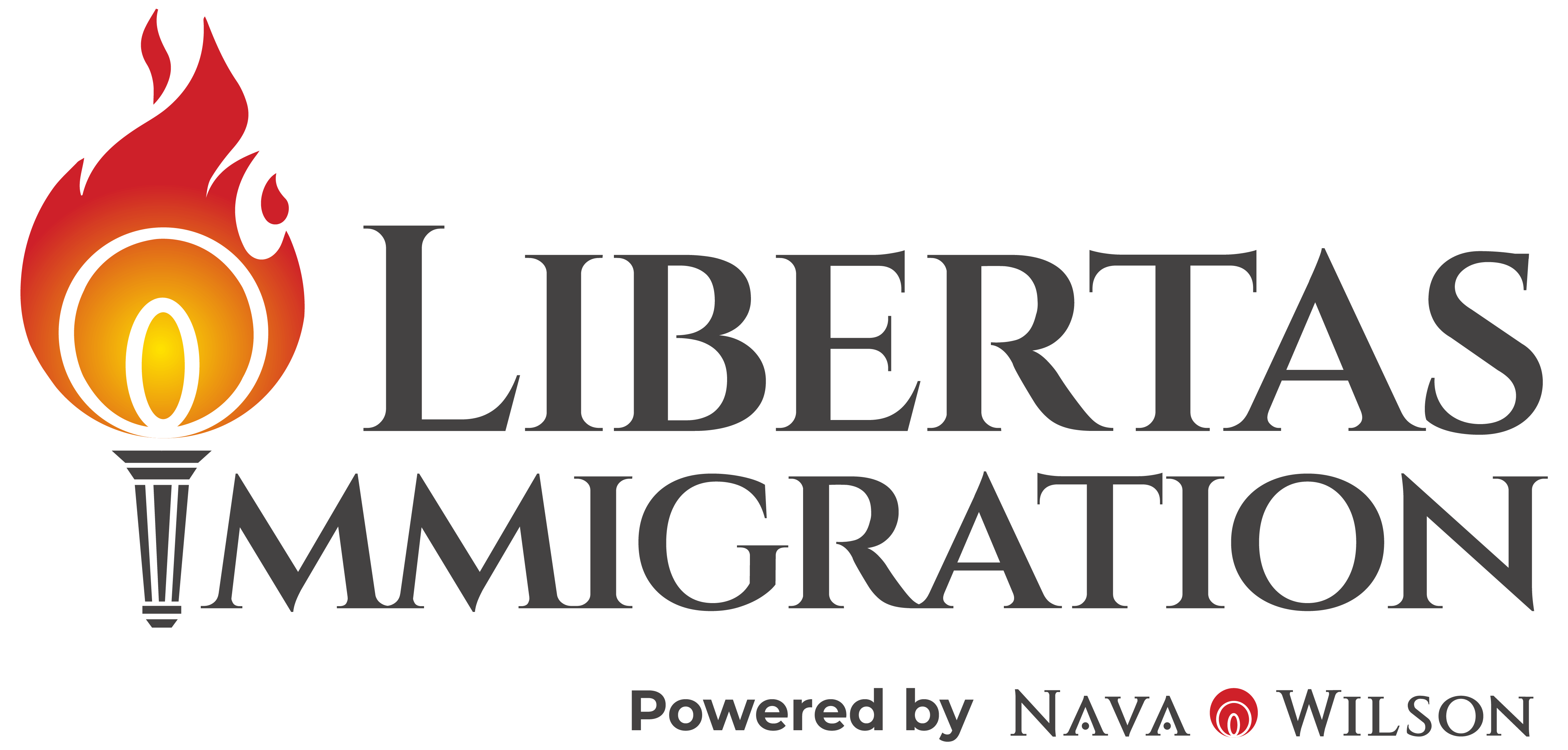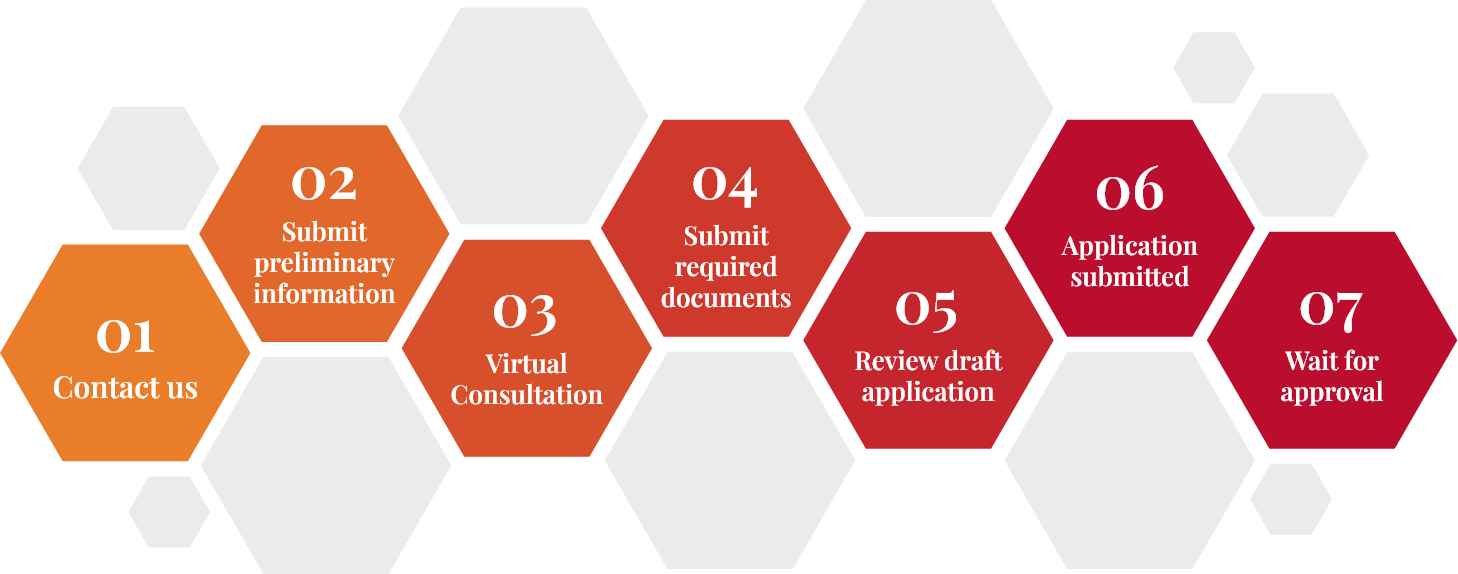Spousal Sponsorship in Canada
Discover how you can sponsor your spouse or common-law partner, or child to obtain permanent residence in Canada and join you here.

Canadian citizens or permanent residents who are married to a foreign national have the right to sponsor their spouse or common-law partner through the family sponsorship program. Applicants can sponsor their spouse either inland or overseas.

Who You Can Sponsor?
Your spouse
Your spouse can be of any gender and must meet the following criteria:
- Legally married to you
- At least 18 years old
Your common-law partner
- Not be legally married to you
- Be of any gender
- Be at least 18 years old
- Have been living with you for at least 12 consecutive months, meaning you’ve been living together continuously for 1 year in a conjugal relationship, without any long periods apart.
- Any time spent away from each other should have been short and temporary.
- Proof of your common-law relationship.
Your conjugal partner
- Not be legally married to you or in a common-law relationship with you
- Be of any gender
- Be at least 18 years old
- Have been in a relationship with you for at least 1 year
- Live outside Canada
- Be unable to live with you in their country of residence or marry you due to significant legal and immigration reasons, such as:
- Their marital status (e.g., they’re still married to someone else in a country where divorce isn’t possible)
- Their sexual orientation (e.g., you are in a same-sex relationship, and same-sex relationships are not accepted, or same-sex marriage is illegal where they live)
- Persecution (e.g., your relationship is between different religious groups which is not accepted, and they may face legal or social punishment)
You’ll need to provide proof that you could not live together or get married in your conjugal partner’s country (e.g., proof of refused long-term stays in each other’s country).
Dependent children
- Your own child
- Your spouse or partner and their child
Children qualify as dependants if they meet both of these requirements:
- They’re under 22 years old
- They don’t have a spouse or common-law partner
Children 22 years old or older qualify as dependants if they meet both of these requirements:
- They are unable to financially support themselves because of a mental or physical condition
- They have depended on their parents for financial support since before the age of 22

Eligibility Requirements
- All required forms and documents with their application
- Any additional information requested during processing, including medical exams, police certificates, and biometrics.
Income Requirement
In most cases, there isn’t an income requirement to sponsor your spouse or partner or dependent child. You only need to show that you have enough money to meet the income requirements if:
- You’re sponsoring a dependent child that has one or more dependent children of their own, or
- You’re sponsoring a spouse or partner that has a dependent child, and their dependent child has one or more children of their own.
Application Process

Requirements After Sponsorship
- The sponsor is financially responsible for the person sponsored for three years after the sponsored person becomes a permanent resident.
- Individuals who come to Canada as spouses are themselves barred from sponsoring a spouse, in turn, for five years after receiving Canadian permanent residence.
Family Reunification Updates 2023
The Canadian government is dedicated to helping families reunite more quickly and easily, fostering inclusive and resilient communities. In 2023, new measures have been implemented to strengthen family reunification and support immigrants in their journey.
- Faster temporary resident visa (TRV) processing Times
Faster processing times for spousal applicants to expedite the reunification process. The goal is to process most applications within 30 days, resulting in a smoother and quicker experience for families.
- Dedicated processing tools for spousal TRV applicants
These tools are designed to address the specific circumstances and needs of spouses and dependents, ensuring a more considerate and efficient application review.
- A new open work permit for spousal and family class applicants
Recognizing the importance of employment in helping newcomers support themselves and their families, Canada has introduced open work permits for spousal and family class applicants. Upon submitting a complete permanent residence application under the spouse or common-law partner in Canada class (SPCLC) or other family class programs, spouses, partners, and dependents residing with their sponsor in Canada can apply for and receive an open work permit.
- Open work permit extensions
An extension option has been introduced to ensure continued support for spousal applicants and other open work permit holders whose permits expire between August 1 and the end of 2023. These individuals can extend their work permits for an additional 18 months, providing them with stability and peace of mind while their permanent residence applications are being processed.
Frequently Asked Questions
Yes, Canada recognizes same-sex relationships, and you can sponsor your same-sex spouse or common-law partner under the family sponsorship program.
Yes, the sponsor and your spouse or common-law partner must be at least 18 years old to be eligible for sponsorship.
You’ll need to provide evidence of cohabitation for at least 12 consecutive months, such as joint leases or rental agreements, bills for shared utility accounts, and affidavits from friends and family confirming your relationship.
In most cases, there isn’t an income requirement to sponsor your spouse or partner. However, if you are sponsoring a dependent child who has their own dependents or sponsoring a spouse/partner with a dependent child with their own dependents, there may be income requirements.
In 2023, the Canadian government aims to process most spousal sponsorship applications within 30 days, resulting in a faster reunification process for families.




